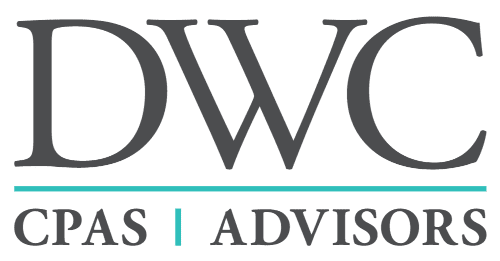Tax-Basis Reporting is Making a Comeback for Some Small Businesses
Accrual-basis financial statements are considered by many to be the gold standard in financial reporting. But with the increasing cost and complexity of today’s accounting rules — in particular, the updated lease guidance that went into effect last year — some private companies are seeking a simpler alternative to U.S.










